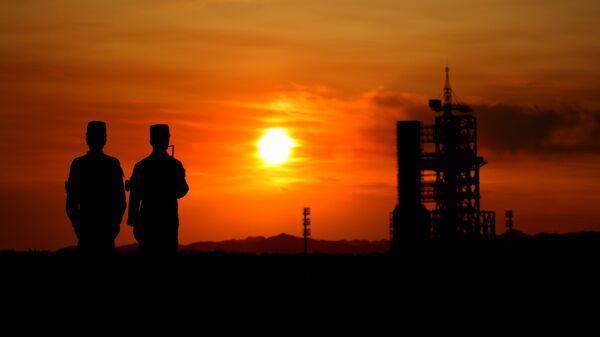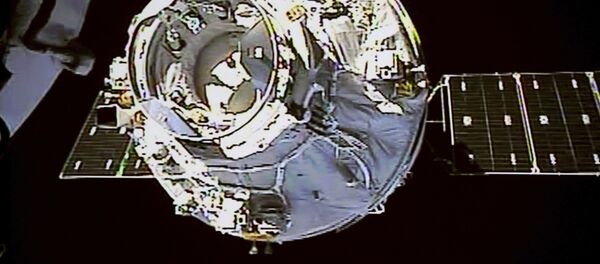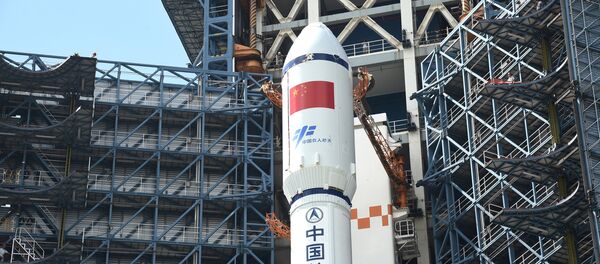“China is a pioneer in international collaboration of space exploration. It strives to demonstrate its leadership in the area” Shi said. “The Chinese space station is not only for China but for the whole world. All countries, regardless of their size and level of development, can equally engage in the cooperation,” the Chinese representative added.
Alexander Zheleznyakov, member of the Russian Academy of Cosmonautics, pointed out that no other country has invited UN countries for space cooperation in this way.
“This has never been in such a direct way that all UN countries are invited to cooperate. There were similar offers from the Soviet Union, then from Russia and the US, but they had either political or economic restrictions. This is the first time it’s done in such a direct way without placing any preconditions. First of all, it demonstrates China’s level of technological development. Not only does it create its own orbital base but it provides certain guarantees for its equipment. It would be illogical to encourage other countries’ participation without being sure of safe operation and of safe manned missions. The political angle, of course, plays its part. Of course, in areas like space exploration any collaboration is welcomed. It generates interest among other countries. China strives to demonstrate its leadership in the area.”
Currently, a lot of countries are interested in space missions. In Kazakhstan recently there was a tripartite meeting of Russia, Kazakhstan and the UAE, in which joint space missions and Arab astronaut training were discussed. Arab countries are the first to show interest in the Chinese initiative. There is also interest in SEA countries, notably Vietnam, Malaysia, the Philippines, Singapore and South Korea.
“In recent years China is successfully developing space exploration, including its commercial component. In some respects it has already advanced beyond Russia, so it’s a rival. A new station sounds interesting, free access to it looks pretty good. Of course, free access is going to be relative as every case needs negotiation. However, as a declaration it does look good.”
Today, 80 countries have satellites, and 10 countries can launch rockets into space. According to Moiseev, those countries that are not very involved in space activities may be the one's most interested in the Chinese offer, a kind of hint to smaller countries to think about what they could do to contribute to the Chinese station and to space exploration. All this will take shape through certain agreements after the station’s capabilities and potential are clearly indicated. The expert believes that China, meanwhile, is hampered in its development of international cooperation by its cultural and internet firewall. The new space initiative is a step toward openness and transparency.
Those countries interested can benefit from three areas: communication, Earth observation from space, and navigation. China drew attention to its applied astronautics cooperation with South America — particularly Brazil — and Africa.
"China's steadfast position is openness. In particular, the programs of the latest space launches have involved both the scientific and technological potential of the Netherlands, Germany, Sweden and the UAE, which are hoping to benefit commercially from cooperation with China. At the future orbital station many scientific experiments will be possible. China has repeatedly confirmed that it adheres to openness, and invites other countries and regions’ representatives to contribute to the creation of the orbital station. Now the Chinese initiative is a very specific invitation to cooperate, not just propaganda. It shows that China opens up in its desire to create and operate an orbital station, fully implementing Xi Jinping's initiative to form a community of common destiny."
According to the Chinese expert, the International Space Station will soon be decommissioned. When that happens, the Chinese orbital station will be the only operating platform for humanity in outer space. Therefore, China is making every effort to use it successfully and provide other countries with use of the orbital station.
The views and opinions expressed in this article are those of the speakers and do not necessarily reflect those of Sputnik.



